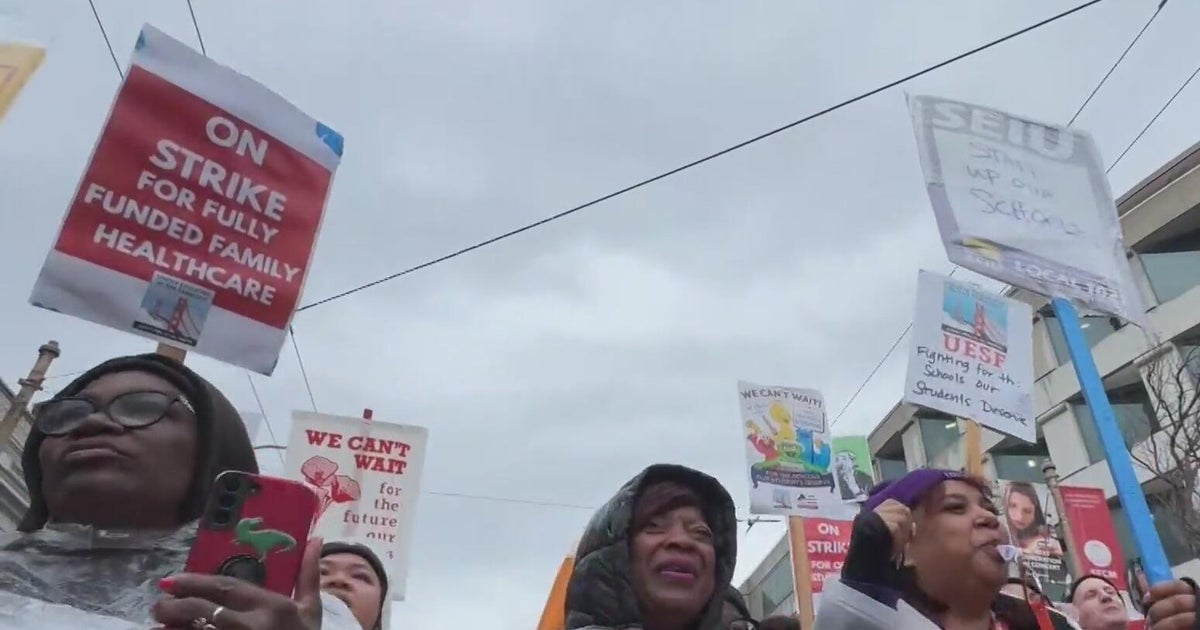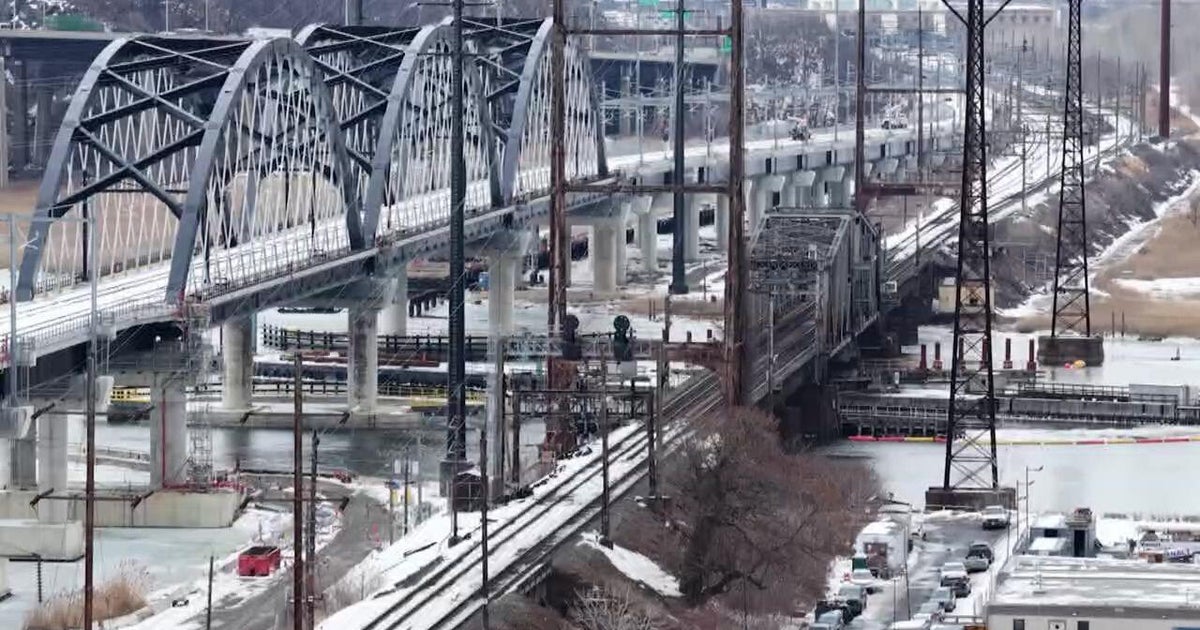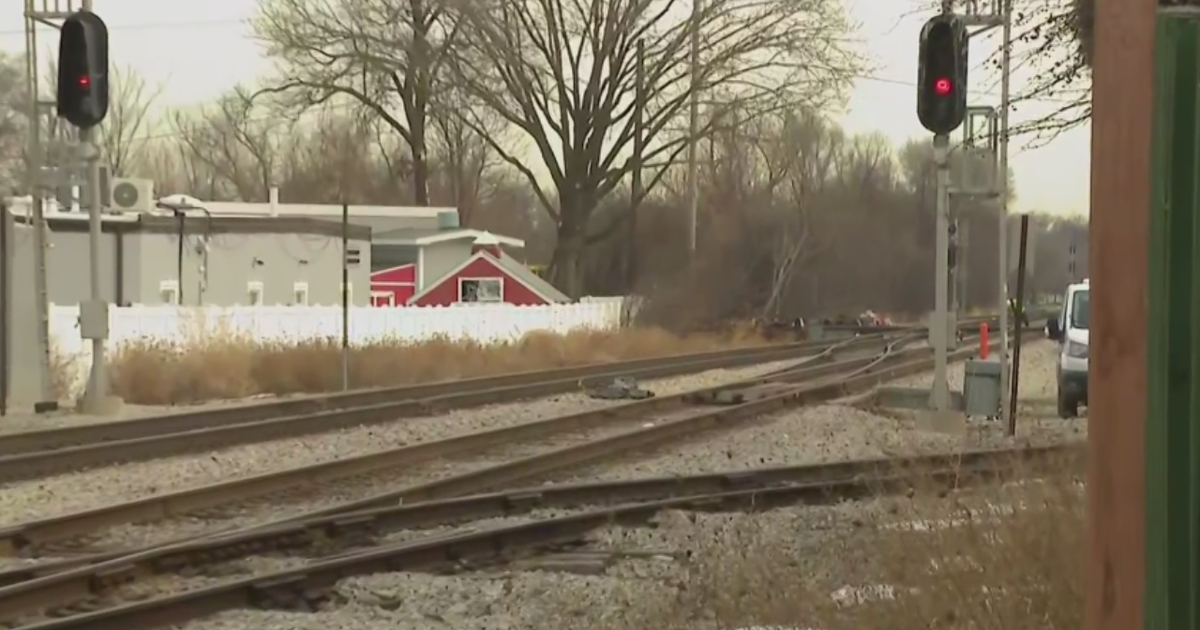North Texans express concerns about potential nationwide rail strike
PLANO, Texas (CBSDFW.COM) — When it comes to a potential nationwide rail strike, it's top of mind for some North Texans.
Matthew Coffman of Plano said, "I think it's something we should be concerned about."
Robin Miller, also of Plano said, "I'm very concerned about it. It's the holidays. We want to make sure everybody gets what they need."
Railroads say a stoppage could throw the economy off-track, costing up to $2 billion dollars each day.
SMU Economics Professor Mike Davis said Wednesday that it's hard to measure a dollar amount, but that if there's a strike, it could impact the supply chain for consumer goods among other items. "The other thing that rail is hugely important for are bulk goods, chemicals, building materials and so forth, stuff we don't even think about, but if that stuff doesn't get delivered, factories can't operate."
The railroads say they transport about 40% of the nation's freight each year.
The Association of American Railroads says if there is a strike, nearly 470,000 additional trucks would be needed each day to transport everything trains deliver.
There's already a truck driver shortage.
Davis said tanker cars are used to deliver chemicals and fuel. "If the crude oil can't be shipped to a refinery and the refined product can't be shipped back out, and again a lot of that happens on rail, yeah, huge problems."
On Wednesday, the House passed a bill to prevent a strike.
Without Senate approval, the unions could strike as early as next Friday, December 9.
In a separate bill, House Democrats passed a bill that would provide the rail unions additional sick leave.
As of Wednesday evening, a vote in the Senate hadn't been scheduled by Majority Leader Chuck Schumer, D-New York.
Consumers we spoke with disagree over whether Congress should get involved to avert a strike.
Coffman said the contract agreement should be left up to rail unions and companies. "I say let them work it out. Maybe faith in the process that overrides government intervention. Eventually, the issue does get resolved. So I guess then it turns into a question of how much pain do we endure in the process."
Miller disagreed. "If the bill passes, that's good. Congress needs to step up, take charge, and get some things done and work together."







